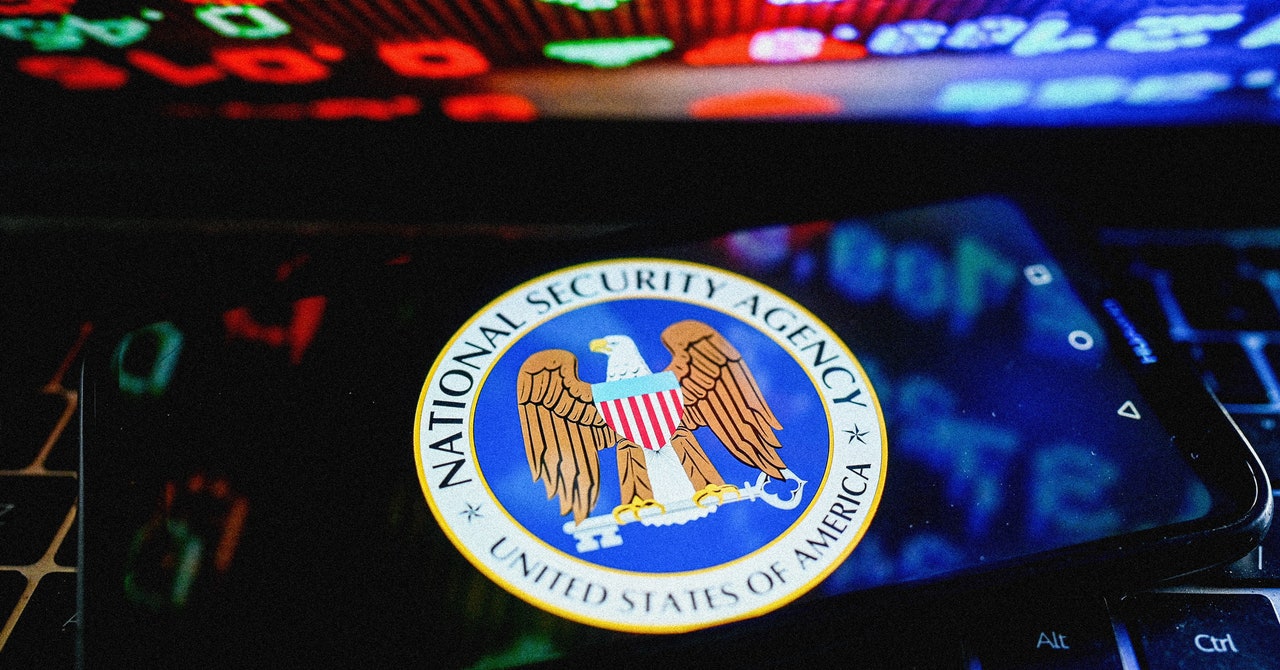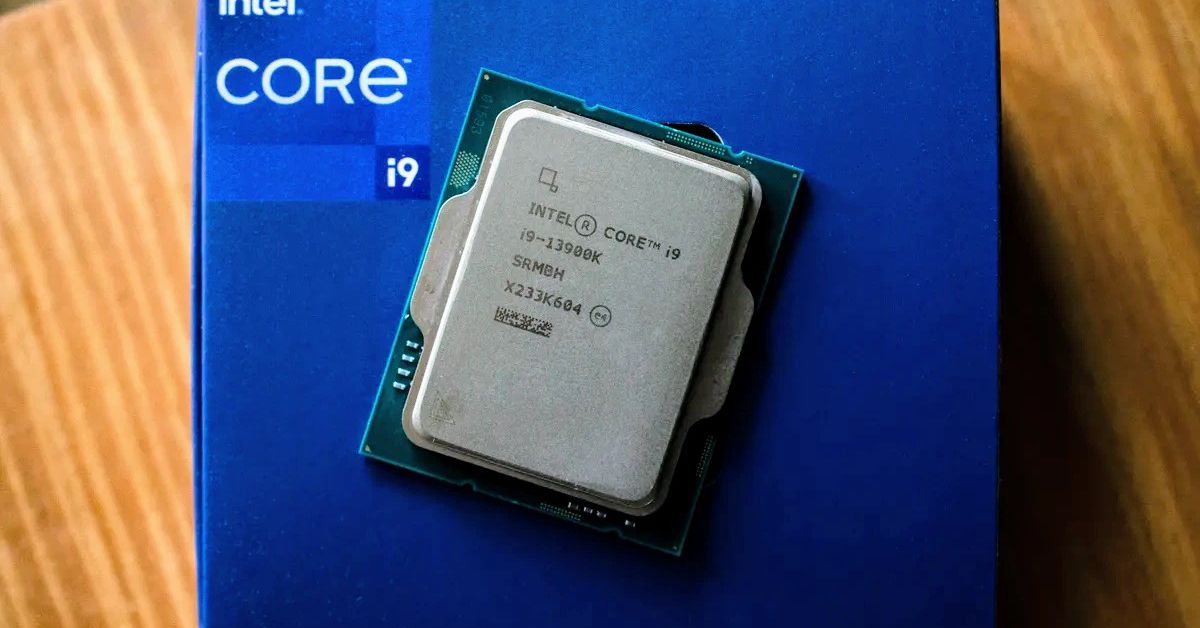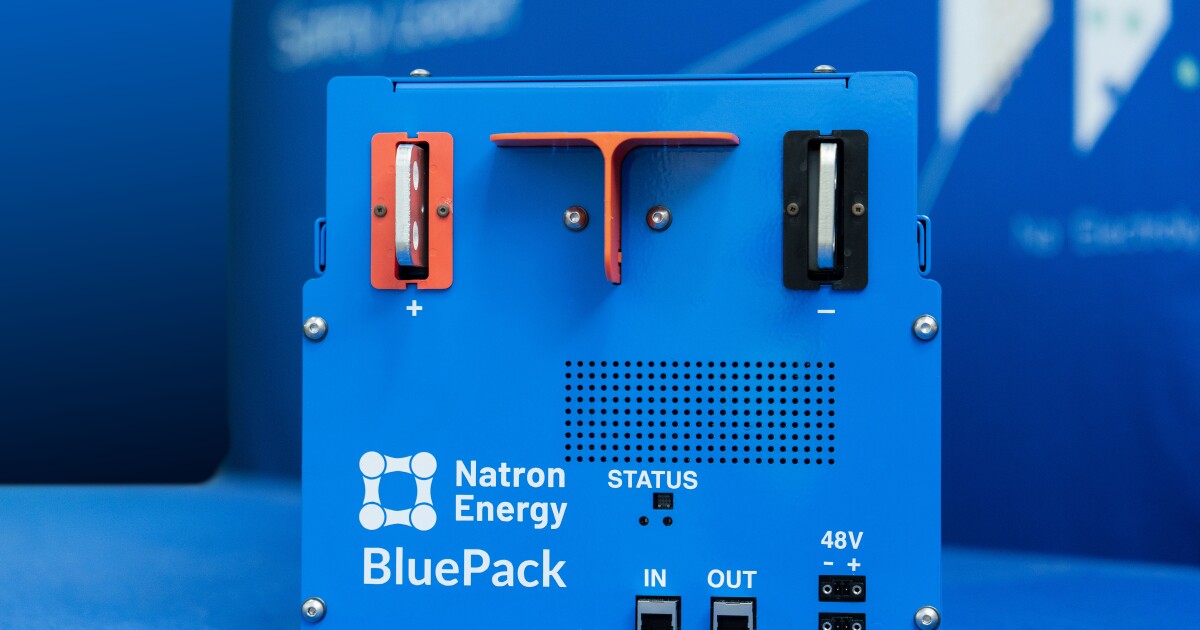

Not putting your WiFi password in would absolutely be reliable.
No, it would not.
I’d love to hear your ideas on how they’d remotely break into your WiFi Network
They wouldn’t, of course, nor did I say they would.
(But since you brought it up, we have already seen internet providers quietly using their CPE to create special-purpose wireless networks surrounding customers’ homes. These could obviously be made available to any company that paid the ISP for access, just as cellular networks have been made available to companies like OnStar. So a TV could do this with a business deal rather than breaking in to your normal WiFi.)
However, your network is not the only network in the world, and WiFi is not the only kind of link. Neighbors exist. Open guest networks exist. Drive-by and fly-by networks exist. Mesh networks exist (and are already created by devices like Amazon Echo). Power line networking exists. Bluetooth, LoRa, cellular, etc. etc. etc. Maybe you live on an isolated mountain top where these things are unlikely to reach you (at least until satellite links become a little smaller and cheaper) but even that is not absolute, and most of us don’t.
Unless you disassemble your TV and examine all the components within, and know what they do, it could have any number of these capabilities.
Also, partly due to how prevalent multi-network support is becoming in electronics integration, it is not unusual for related functionality to be dormant at first yet possible to activate later.
I’d love for you not to be adversarial, and to learn more about a topic before making bold claims about it in absolute terms.


















Good question. Please see my follow-up comment.